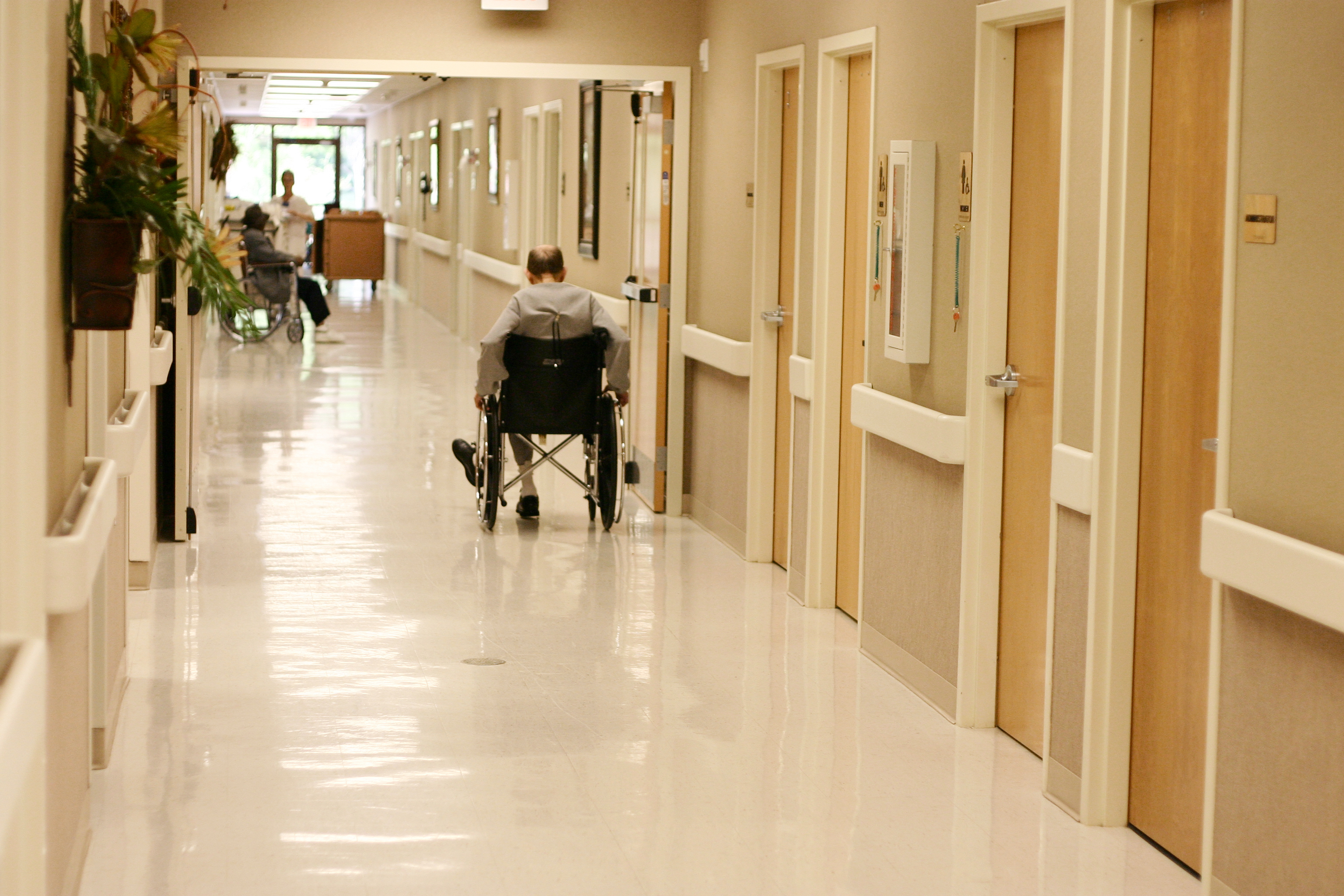AARP Hearing Center

Norma Claydon, known as “Tootsie” to her loved ones, died on Sept. 6, at age 86, in a nursing home. “Norma did NOT die of COVID-19,” Sue Matthews, of Troy, wrote in her mother’s obituary—but she did die alone.
Claydon, who suffered from Alzheimer’s disease, was forced to spend the last months of her life “void of communication, or connection from her family and loved ones,” Matthews wrote.
This legislative season, AARP New York is advocating for systemic reform and accountability for long-term care facilities.
Since the pandemic began, more than 6,700 residents of New York’s 613 nursing homes have died of COVID-19. Many, like Claydon, were alone, unable to see family members.
Until early July family members were not allowed inside long-term care facilities. Now visits are permitted with restrictions that include a negative COVID-19 test that was taken within seven days, a face covering, a temperature check and social distancing. Since the new surge of coronavirus cases in November, visits are restricted in counties with high levels of COVID-19 community spread. Facilities can refuse visitors if they exhibit symptoms or do not pass screening questions.
Matthews was eventually able to see her mother for short periods at the end. She said she hoped that sharing the details of her mother’s lonely death might spare others such trauma.
“There is so much that could have been done differently without jeopardizing safety,” she said.
“It would be a tragic story in New York if we did not learn from our mistakes and not make preparations for possible future waves,” said Bill Ferris, AARP New York’s legislative representative. “With this vulnerable population, the only thing that matters is contact with family and the time that is spent with them.”
Improving outcomes
When the 2021 state legislative session gets underway, on Jan. 6, AARP New York will be pushing for a long-term care task force.
The group would work with consumers, providers, agencies and unions to address shortages of personal protective equipment for workers, staffing shortages and resident safety needs.
AARP will continue to advocate for the repeal of nursing home immunity for coronavirus-related care. This repeal will be critical to ensuring that families can hold facilities accountable for quality care even during the pandemic.
In August state lawmakers passed a bill partially voiding the legal immunity granted earlier in the year to long-term care facilities and hospitals—but only for non-COVID care and only going forward.
Other priorities for the next legislative session include:
- Making permanent the availability of telehealth, in order to manage care and aid those unable to travel to medical offices.
- High-speed internet access across the state. Improved coverage would mean all New Yorkers could use telehealth, communicate with loved ones and receive other needed services.
- Increased support for family caregivers. AARP is pushing to ensure that existing funding for home- and community-based services and hunger programs is not cut from the state budget.
- Lowering drug costs. AARP New York backs the creation of a commission to examine the feasibility of importing drugs from Canada, as well as an expansion of the state’s Elderly Pharmaceutical Insurance Coverage program (EPIC).
Update: Given the uptick in COVID-19 infections around the country, nursing home visitation guidance may change depending on area caseloads and other factors. Get updates at AARP's nursing home tracker.
Donna Liquori is a writer living in Albany.
More on Long-Term Care































































